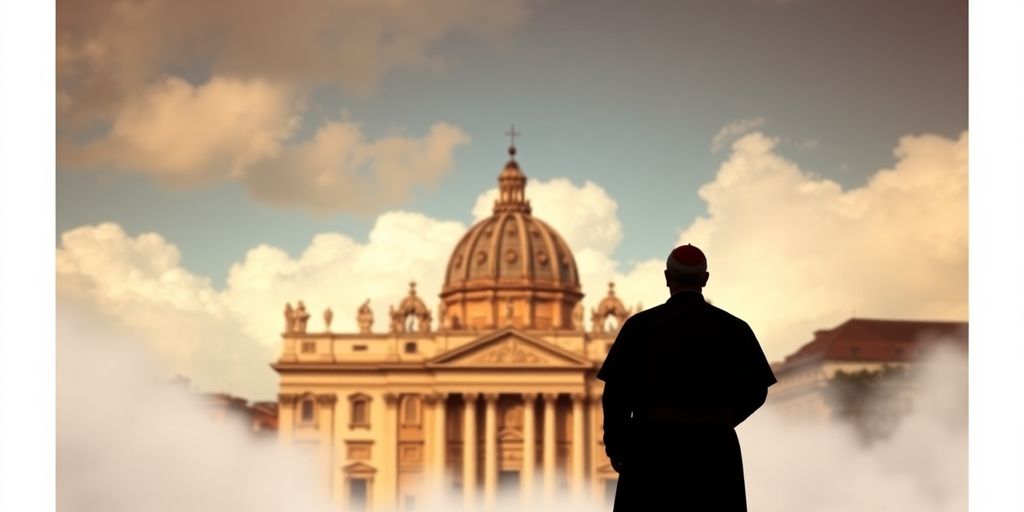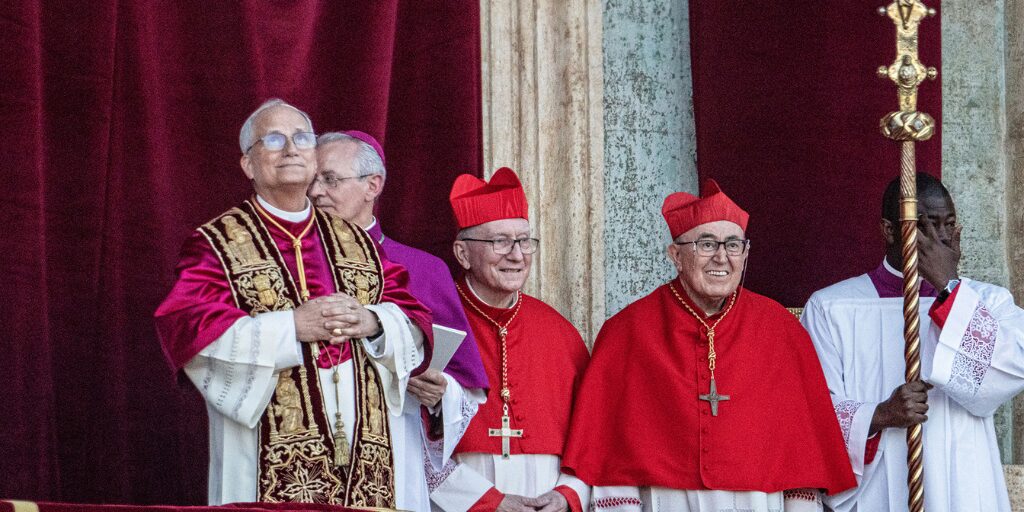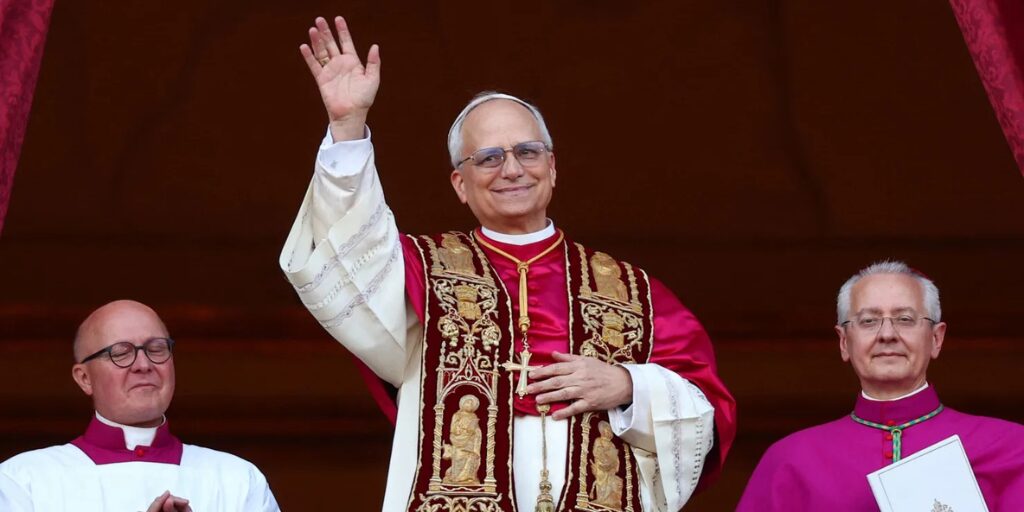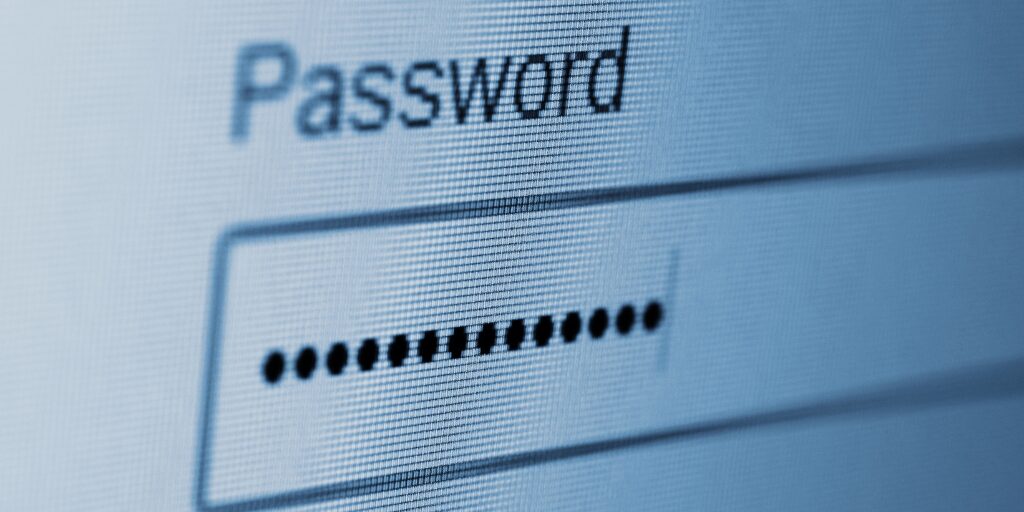The passing of Pope Francis has left the Catholic Church at a pivotal moment, as speculation mounts over who will become the next pontiff. With a diverse pool of candidates, the upcoming conclave will determine the future direction of the Church, which has seen significant changes under Francis’s leadership.
Key Takeaways
- Pope Francis passed away at 88, leaving a legacy of progressive reforms.
- The conclave to elect the next pope will involve 120 cardinals under 80.
- Leading candidates include Cardinal Pietro Parolin and Cardinal Luis Antonio Tagle.
The Conclave Process
The election of a new pope follows a centuries-old tradition. The conclave will take place in the Sistine Chapel, where cardinals will vote in secret. Here’s how the process works:
- Eligibility: Only cardinals under the age of 80 can vote.
- Voting: Cardinals cast ballots four times a day until a candidate receives a two-thirds majority.
- Smoke Signals: After each voting round, ballots are burned. Black smoke indicates no decision, while white smoke signals the election of a new pope.
Leading Candidates
Several cardinals have emerged as frontrunners to succeed Pope Francis. Here’s a closer look at the top candidates:
| Cardinal Name | Age | Country | Odds | Description |
|---|---|---|---|---|
| Pietro Parolin | 70 | Italy | +225 | Current Secretary of State, known for his diplomatic skills and moderate views. |
| Luis Antonio Tagle | 67 | Philippines | +250 | Former Archbishop of Manila, seen as a progressive voice and potential continuation of Francis’s agenda. |
| Péter Erdő | 72 | Hungary | +500 | A conservative candidate advocating for traditional Catholic teachings. |
| Peter Turkson | 76 | Ghana | +800 | Known for his focus on social justice and would be the first African pope. |
| José Tolentino de Mendonça | 59 | Portugal | +1000 | A younger candidate emphasizing education and cultural engagement. |
The Future of the Church
The next pope will inherit a Church at a crossroads, facing challenges such as declining influence in Europe and North America, while experiencing growth in the Global South. The new leader will need to navigate complex issues, including:
- Sexual Abuse Scandals: Addressing the Church’s handling of abuse cases remains a critical concern.
- Inclusivity: Balancing traditional teachings with a more inclusive approach to modern societal issues.
- Global Outreach: Engaging with a diverse and growing Catholic population worldwide.
As the world awaits the outcome of the conclave, the choice of the next pope will significantly impact the Catholic Church’s direction for years to come. The cardinals’ deliberations will not only reflect their individual beliefs but also the broader aspirations of the global Catholic community.
Sources:
- Who will be the new pope? Here’s a list of cardinals who could be the next pontiff, Australian Broadcasting Corporation.
- Who Will Be the Next Pope? Odds, Top Candidates and What Comes Next, Bookies.com.
- Cardinals Who Could Be the Next Pope, E! Online.
- Who Will Replace Pope Francis? Two Favorites Emerge, Newsweek.
- The Next Pope: Who Are The Frontrunners to Succeed Pope Francis?, Newsweek.




